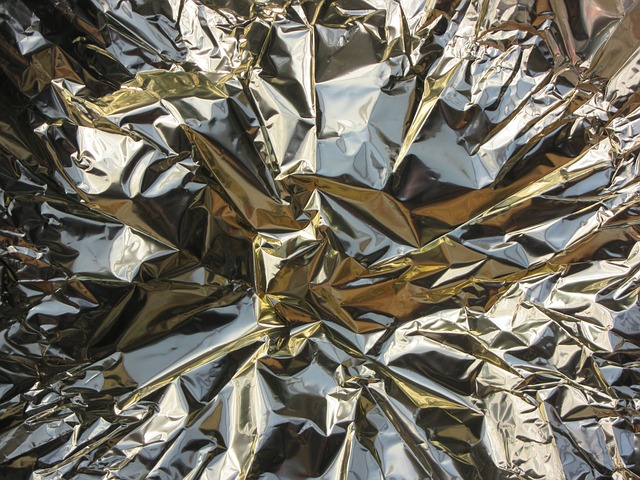Importing dehydrated fruit directly from suppliers is more economical and facilitates sufficient provisioning for the supply chain. The food industry utilizes dehydrated fruit for the production of various types of processed food such as breakfast cereals, snacks, flavoring for teas, and other applications. Its consumption has shown a significant upward trend in recent years.The growing concern for health has promoted changes in consumption habits, resulting in a greater availability of dehydrated fruit in the market. Medium-sized companies looking to offer competitive prices in a saturated sector find importing bulk dehydrated fruit to be their best option. In Spain, 50% of consumers have increased their consumption of healthy snacks and cereals with dehydrated fruit as part of a balanced diet in recent years.Bull Importer manages the bulk import of dehydrated fruit starting from 1,000 kg. Our certified suppliers are located in the main producing countries of Asia, Africa, and America.At Bull Importer, we negotiate the best prices with certified dehydrated fruit suppliers for minimum orders of 1,000 kg. Depending on the product, we select the country of origin that offers the best climatic conditions, soil, and dehydration process for obtaining high-quality fruit. The main places of origin are in Asia (Turkey, China, India, Nepal, Thailand, Vietnam), America (Mexico, Peru, Brazil), and Africa (Morocco, Algeria, Senegal).The most requested varieties of imported dehydrated fruit by our clients are as follows:
- Apple: chips with skin, diced with or without skin, slices with or without skin
- Apricot: whole (sizes 2, 3, and 4) or diced
- Banana: flakes, slices, strips
- Blueberry: infused with apple juice, whole sweetened, diced, or sliced
- Blackcurrant: black or red
- Date: pitted whole or diced
- Dragon Fruit: red or white
- Goji Berry: mini, small, medium, or large berries
- Mango: chunks, slices, or strips
- Blackberry: black or white
- Papaya: chunks or strips
- Prune: whole, diced, or halves
- Raisin: Corinth, sultana, green, or Thompson
- Cherry: infused with apple and black cherry juice
- Other Dehydrated Fruits: aronia berries, blackberries, elderberries, cherry infused with apple juice, cape gooseberry (goldenberry or physalis), jujube (red date or Chinese date), pineapple chunks, rosehip peel, sea buckthorn, Schisandra berries, and pomegranate arils.
Fruit Dehydration Techniques
Old dehydration systems only removed 75% of the water content in fruit, resulting in a very limited shelf life in supermarkets. Nowadays, thanks to modern dehydration methods, water content in fruit can be reduced to as low as 2% after drying, significantly increasing the product’s shelf life.The evolution of dehydrated foods is also evident in their applications. Traditionally, dehydrated fruit was limited to certain desserts. However, nowadays it can be found in numerous dishes. The choice of dehydration process is crucial for maintaining the flavor, aroma, and nutritional properties of the product. Additionally, proper drying eliminates water to a level where microbial growth and deterioration due to chemical reactions are minimized.Dryers for dehydrated fruit can use various methods, although the most important ones are conduction, convection, and radiation.
- Convection: The convection dehydration system is the simplest and most direct, using hot air or gas.
- Conduction: The conduction dehydration system is indirect, as evaporation is achieved by placing the product on hot surfaces. It is the most suitable method for thin foods or those with a high moisture content.
- Radiation: The radiation dehydration system is the most sophisticated, applying heat through electromagnetic radiation with a wavelength similar to solar radiation.
If you would like to know the specific conditions for importing dehydrated fruit through Bull Importer, you can contact us by phone, email, or by filling out the contact form.



